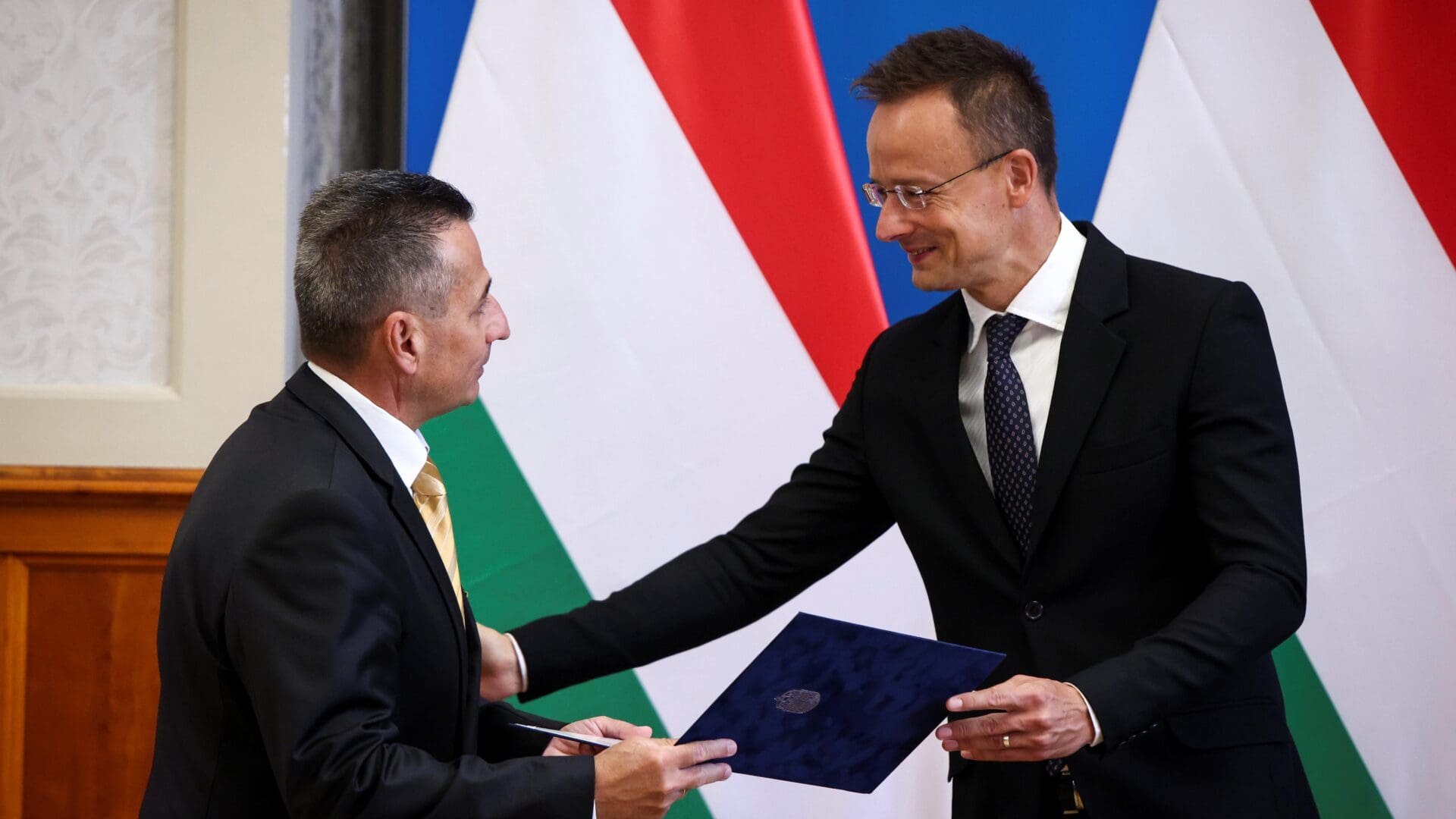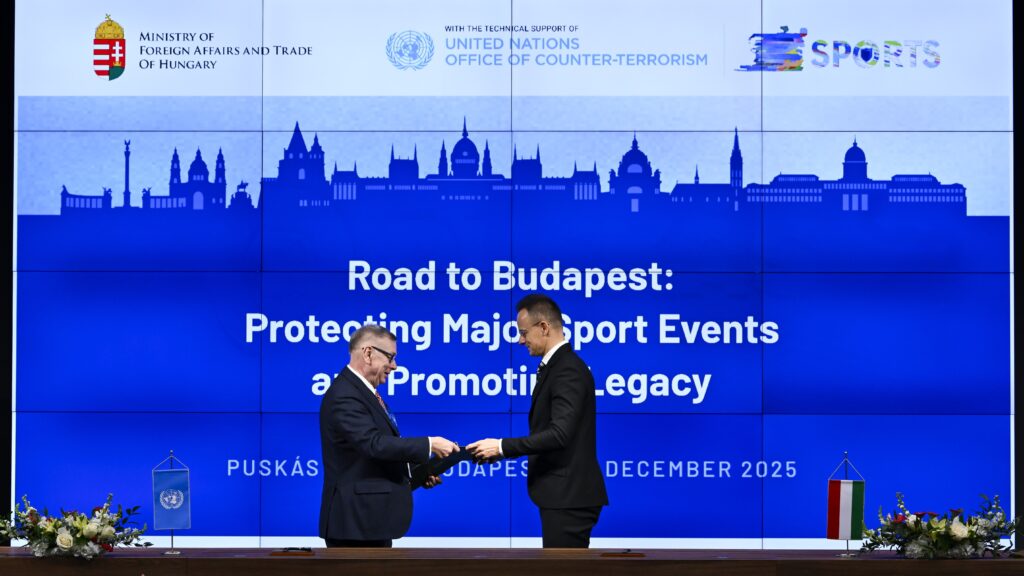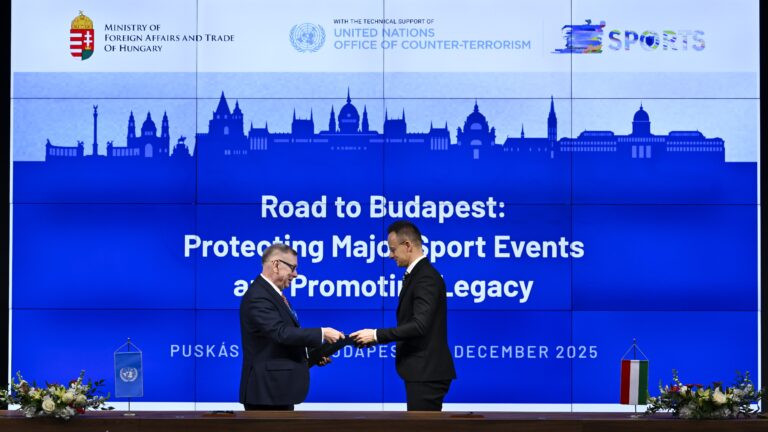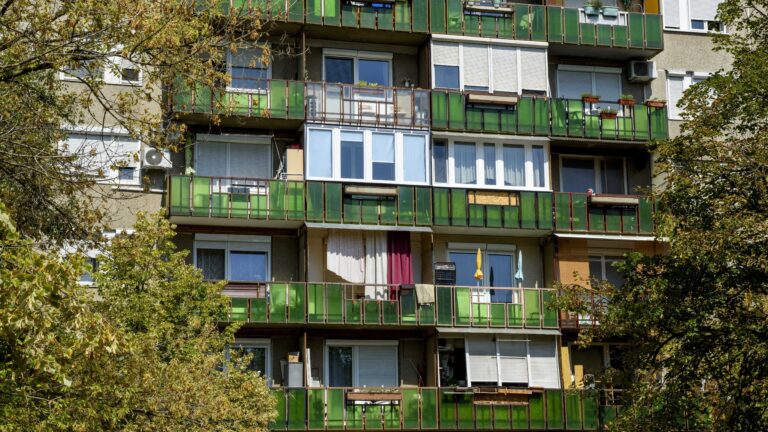So far, twenty-five companies have been awarded the support certificate with a total value of 27.5 billion Hungarian forints under the Factory Rescue Programme, which promotes investments in increasing energy efficiency, Minister of Foreign Affairs and Trade Péter Szijjártó announced in Budapest on Wednesday.
The minister recalled that the Factory Rescue Programme was launched by the government following the outbreak of the conflict in Ukraine, in order to enable domestic companies to strengthen their independence from the highly unpredictable fluctuations of international energy markets and to preserve jobs and maintain economic performance. He pointed out that within the framework of the programme, the government allocates 120 billion forints to support energy efficiency and renewable energy investments of 140 beneficiary companies, which will create approximately 300 billion forints worth of developments.
According to the latest announcement, twenty-five companies have been granted the support document, with a total aid of 27.5 billion forints. This will result in
61 billion forints worth of investments, securing over 12,000 jobs.
The projects are expected to reduce energy consumption by 12,471 megawatt-hours. ‘The companies have committed mainly to technological transformation, in many cases aiming to modernise factory buildings in terms of heating technology, and they are implementing developments related to renewable energy production and usage, with a particular focus on installing solar energy systems,’ the minister emphasised.
He stressed that twenty-four Hungarian and one Italian company received support, with the metal and food industries being highlighted. He also noted that the applications did not show a typical territorial distribution; most of them came from Jász-Nagykun-Szolnok County, followed by Bács-Kiskun, Heves, and Veszprém.
Már Budapesten – gyárakat mentünk! | Már Budapesten – gyárakat mentünk! | By Szijjártó Péter – Facebook
Már Budapesten – gyárakat mentünk!
Péter Szijjártó stated that companies mainly requested support for building solar energy systems, which aligns with the government’s goal of expanding renewable energy sources. He welcomed the fact that
the capacity of industrial and household-scale solar energy systems in Hungary has now exceeded 5,000 megawatts,
significantly surpassing the earlier target of 6,000 megawatts set for 2030. ‘This ensures that Hungary will continue to remain on a sustainable and responsible growth path,’ he declared.
He also reminded that Hungary is among the twenty countries that have managed to increase economic performance in recent years while reducing harmful emissions, and the newly announced investments will help maintain this position. Minister Szijjártó also announced that the government is making changes to the investment incentive system, allowing the energy development part of a capacity or technology development investment to be supported by up to 50 per cent.
The minister touched upon the challenges of recent years, stating that the global economy turned upside down twice within a short period, leading to the most severe crises in the past five decades due to the coronavirus pandemic and the conflict in Ukraine. The European Union’s sanction policy has exacerbated the situation, significantly impairing the competitiveness of European companies, he argued. He emphasised that Hungary emerged stronger from every crisis thanks to special Hungarian response measures and the representation of national interests.
‘We adhered to the successful economic policy strategy the goal of which was to create a labour-based economy, where the most important objective was to provide an opportunity for everyone who wants to work,’ he stated. To attain that goal, the government launched one of the most robust investment incentive programmes of all time, providing support of 300 billion forints to nearly 1,200 companies, resulting in 800 billion forints worth of investments and saving over 250,000 jobs.
Related articles:
Source: MTI







